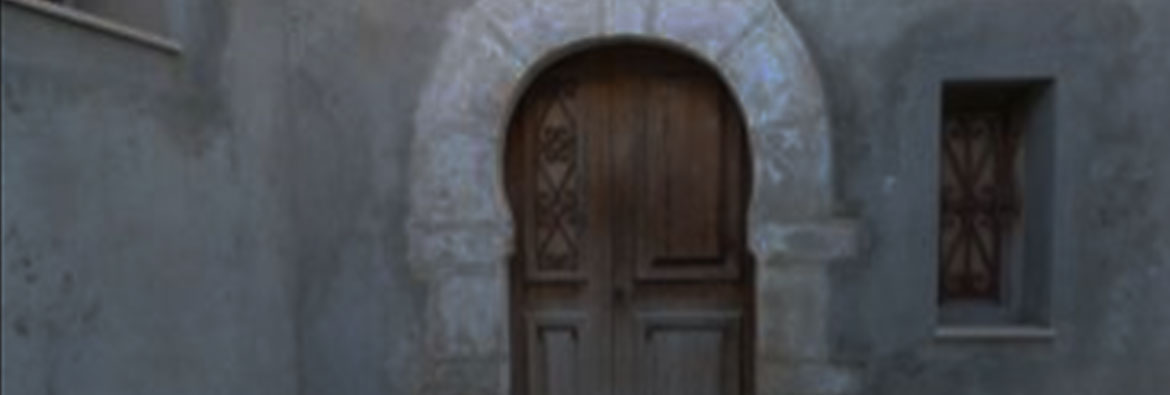Project
The Project: As part of its retrospective evaluation system, the French Agency for Development evaluates, after completion, the projects and programs it finances, including the following two programs:
- The National Urban Renewal Programme (PNRU), which ran from 2008 to 2015 with 4 components :
- Component 1 : Creation and/or extension of infrastructure networks by the ARRU (Agency for Urban Rehabilitation and Renewal) in 244 neighborhoods spread over 193 municipalities
- Component 2 : pilot interventions, entrusted to the ARRU in four medinas (old town): Kairouan, Sfax, Sousse and Tunis
- Component 3 : pilot project of El Matar in Sousse. The objective is to develop bare land for self-construction in order to limit non-regulatory urban extensions and to equip the rest of the area with primary road infrastructures
- Component 4: Institutional support to ARRU for components 1 and 2.
Cost of the PNRU program : €76 million
- The 3 components of tthe Support Programme for the Development of a Town Policy (PROVILLE), have been have been implemented between 2013-2017 :
- Component 1: Operations to catch up on urban infrastructure and to develop the supply of socio-collective facilities and premises with an economic vocation carried out by the ARRU in 121 districts and support for capacity building of the ARRU
- Component 2: Support for the development of urban policy, through institutional support to the Ministry of Public Works, Housing and Regional Development
- Component 3: Support for capacity building of local authorities.
Cost of the PROVILLE program : €249 million
Our mission
The evaluation work was based on a three-step approach as defined contractually by the AFD :
- Structuring the evaluation process, a preparatory stage culminating in a methodological framework report
- Conducting the evaluative analysis (interviews and detailed documentary analysis) and assessing the performance of each program according to the methodology of the Development Assistance Committee (DAC) of the Organisation for Economic Co-operation and Development.(OEDC) and drafting the evaluation report
- Present the conclusions of the evaluation work and recommendations in a workshop with all stakeholders of the 2 programs.





